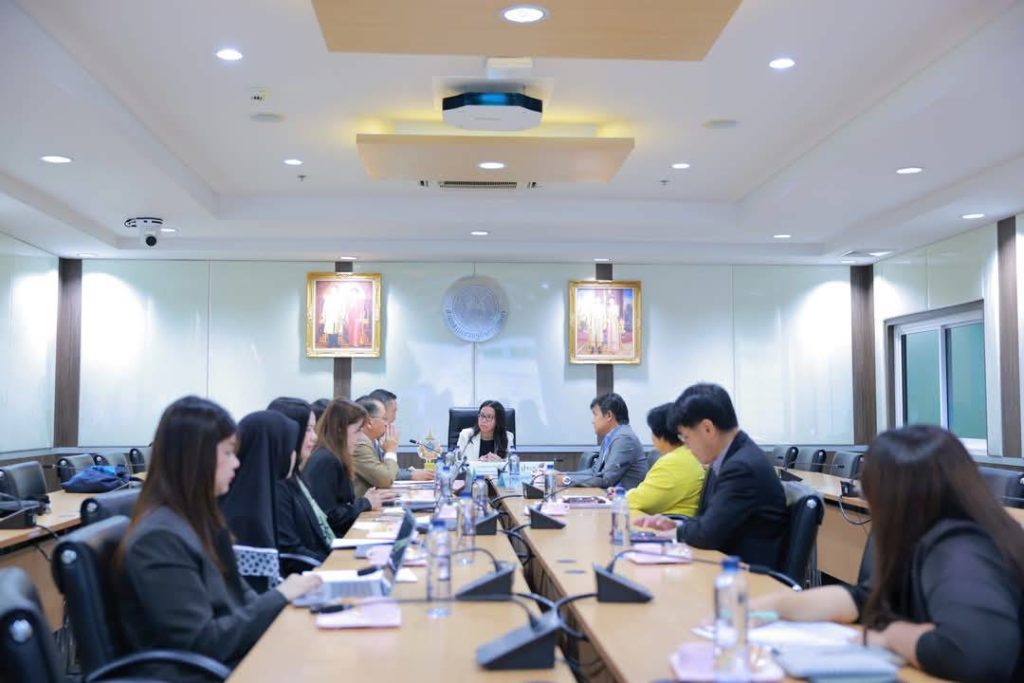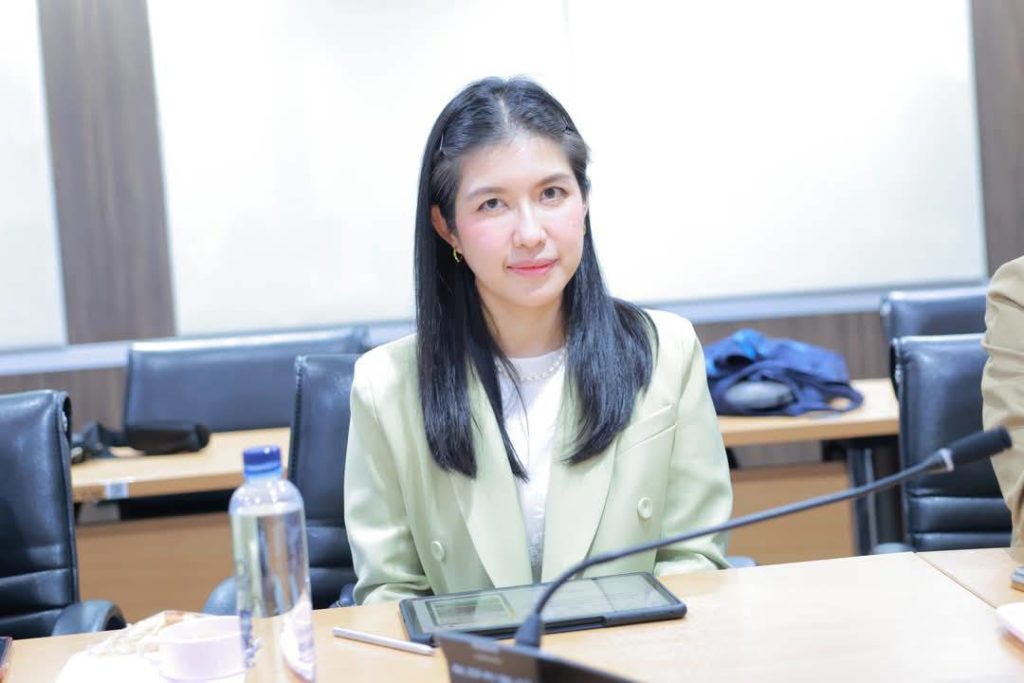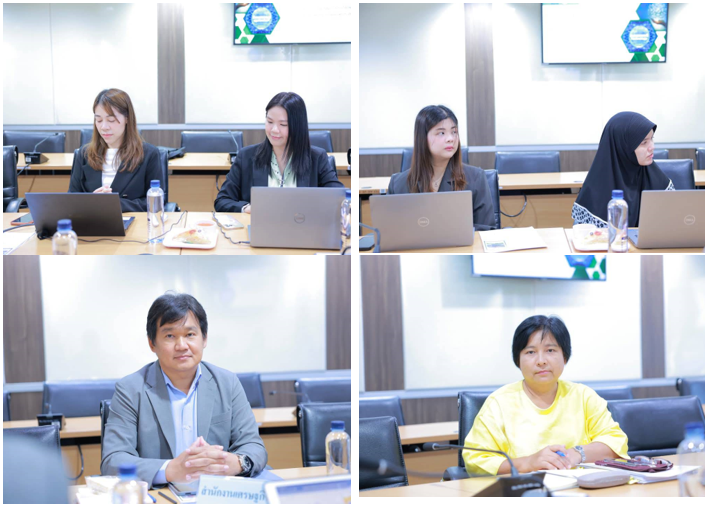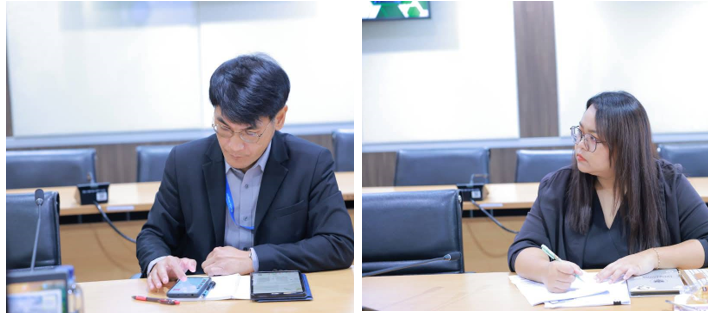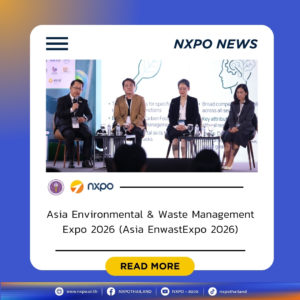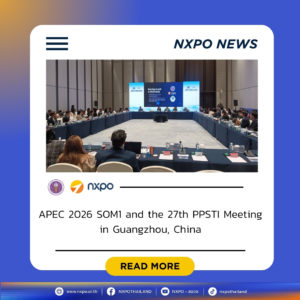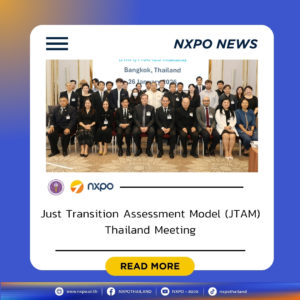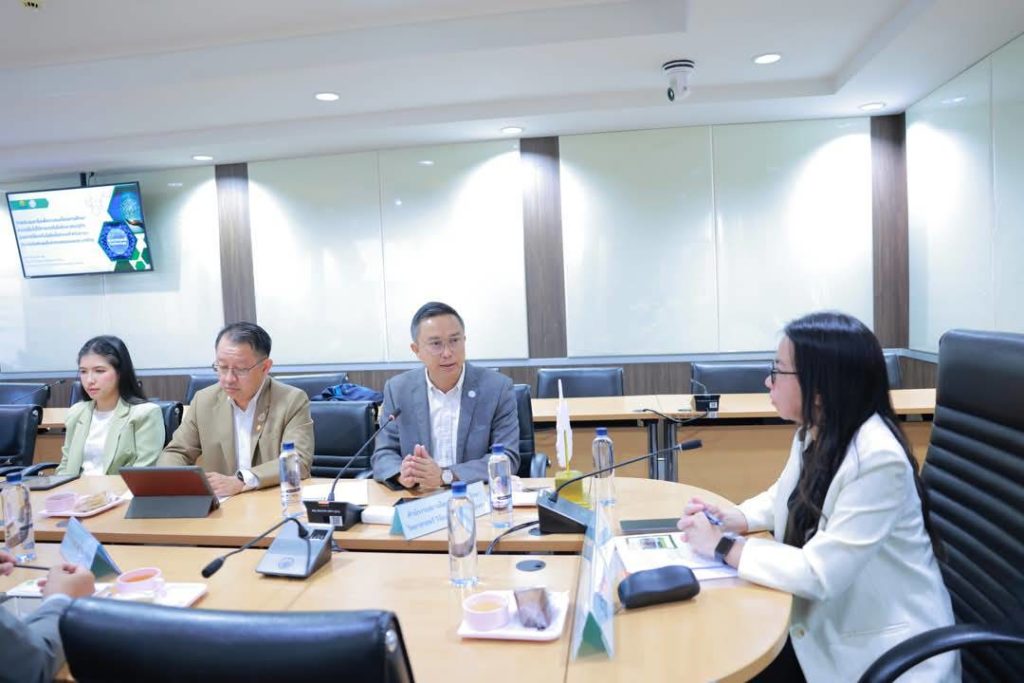
On 21 April 2025, NXPO met with the Office of Agricultural Economics (OAE) to discuss a feasibility study on applying blockchain technology to Thailand’s crop insurance system. The meeting, held at the OAE headquarters, was opened by Dr. Kanjana Kwanmuang, Deputy Secretary General of OAE, who welcomed the NXPO delegation led by its President, Dr. Surachai Sathitkunarat.
Dr. Surachai outlined NXPO’s role in supporting the national research and innovation system and its responsibilities as the Secretariat to the National Higher Education, Science, Research and Innovation Policy Council. He introduced the feasibility study on integrating blockchain technology into a parametric crop insurance scheme, highlighting the project’s background and objectives. He also emphasized NXPO’s role as Thailand’s National Designated Entity (NDE) under the Technology Mechanism of the United Nations Framework Convention on Climate Change (UNFCCC), responsible for promoting technology development and transfer, as well as managing Thailand’s technical assistance projects in this area.
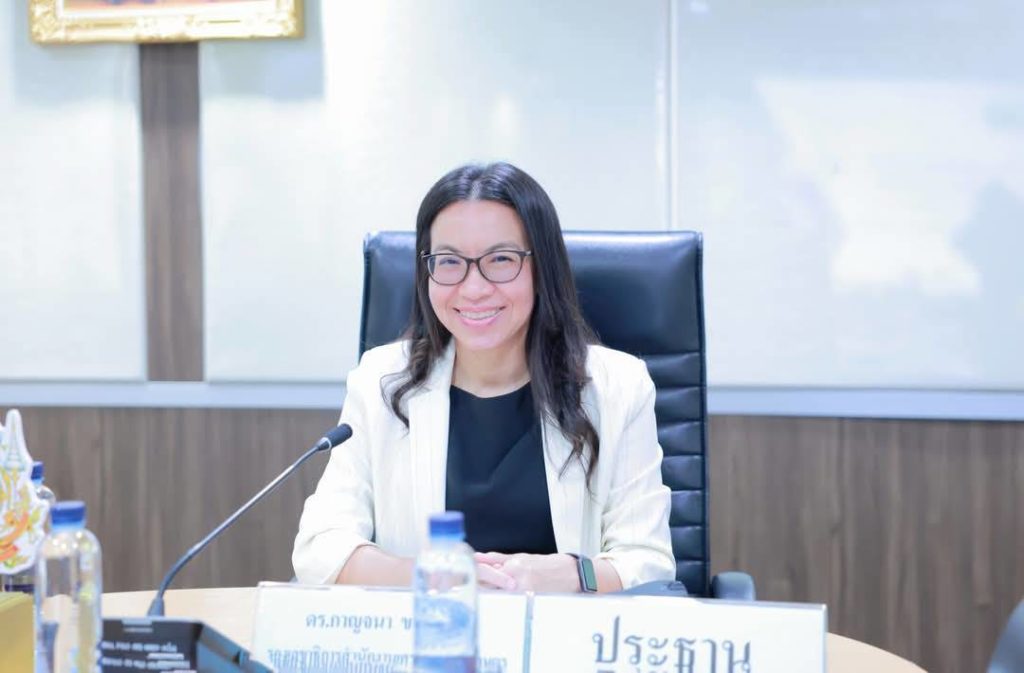
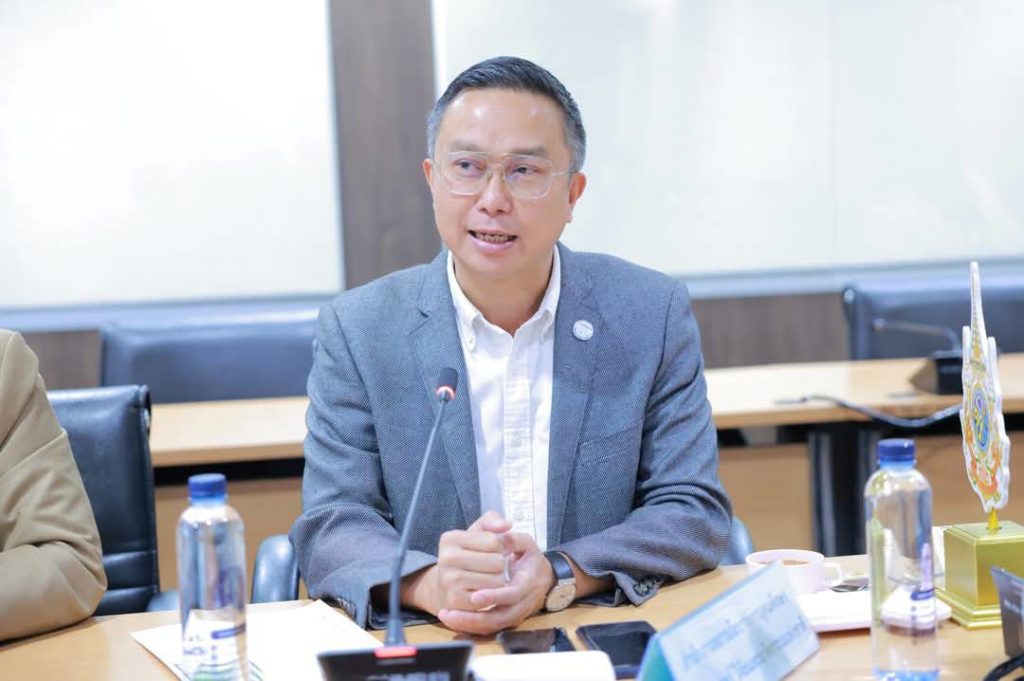
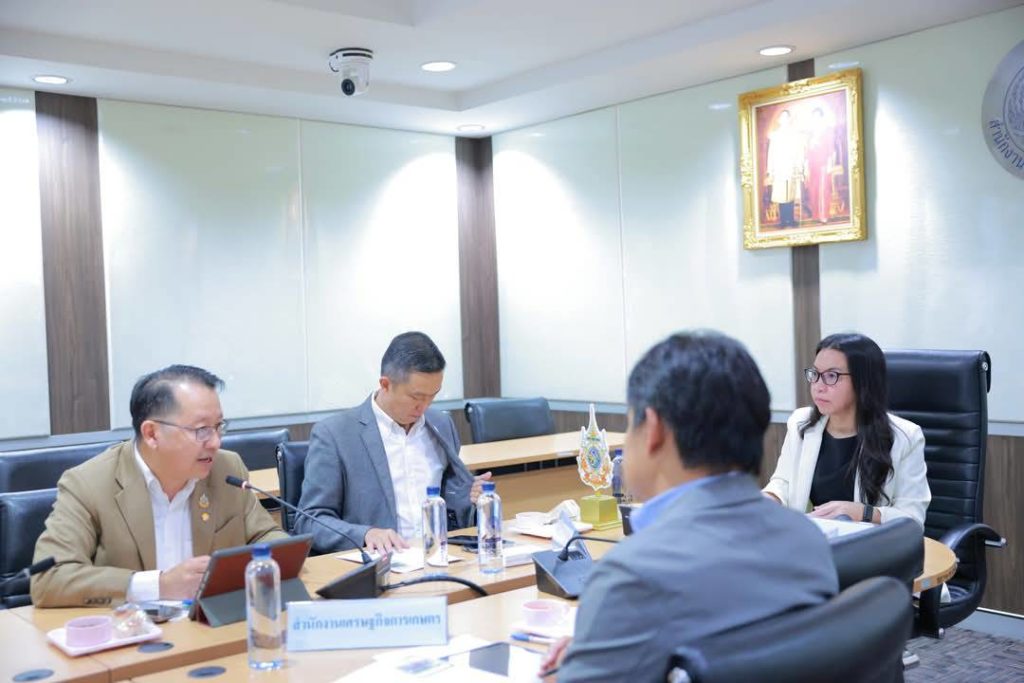
Assoc. Prof. Wongkot Wongsapai, NXPO Vice President, presented the details of the project “Blockchain Technology for a Real Time Climate Risk Insurance System in Thailand’s Agricultural Sector”, emphasizing its alignment with key national policies and plans, including the Climate Change Action Plan for the Agricultural Sector 2023–2027 and the Nationally Determined Contribution (NDC) Action Plan on Mitigation 2021–2030. The project is supported by the first phase of the Adaptation Fund Climate Innovation Accelerator (AFCIA I), with technical assistance from the Climate Technology Centre and Network (CTCN), in collaboration with the United Nations Environment Programme (UNEP) and the Adaptation Fund. He also shared preliminary findings on Thailand’s agricultural sector, results from farmer surveys, and a summary of a preparatory workshop for the feasibility study.
Following the project presentation, the meeting proceeded to discussions on key points, including: 1) appropriate implementation models and anticipated challenges in technical, regulatory, data, and capacity-building areas, 2) guidelines for developing sandbox initiatives, including target crop types, locations, trial duration, and pilot methods, 3) the formation of a project working group, and 4) alignment with the Committee on Agricultural Insurance.
Dr. Kanjana provided valuable recommendations and information to advance the initiative through the Climate Smart Agriculture (CSA) program and the sandbox trials to enhance farmers’ climate resilience and risk management capacity. She also recommended that the project’s findings and policy recommendations be presented to relevant committees and working groups under the Ministry of Agriculture and Cooperatives.
